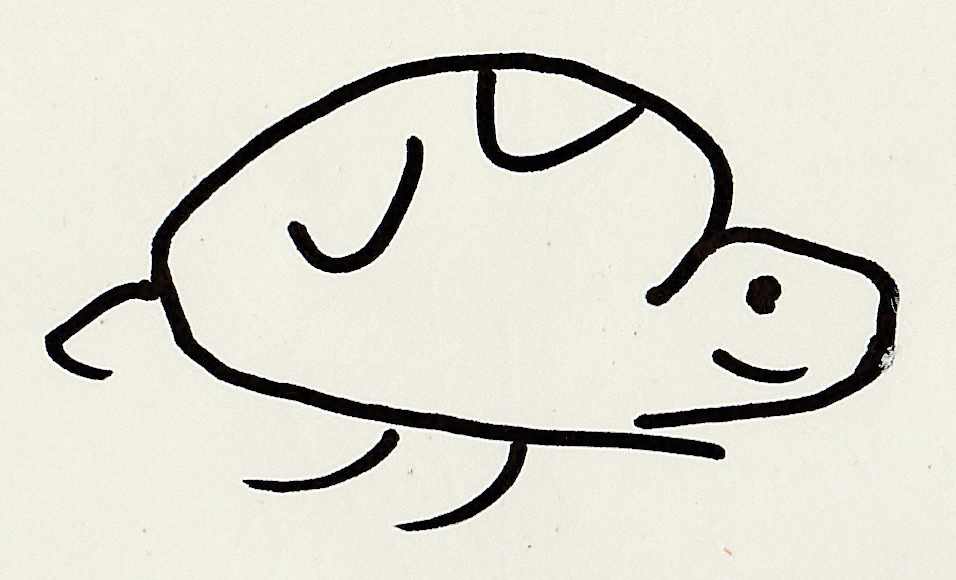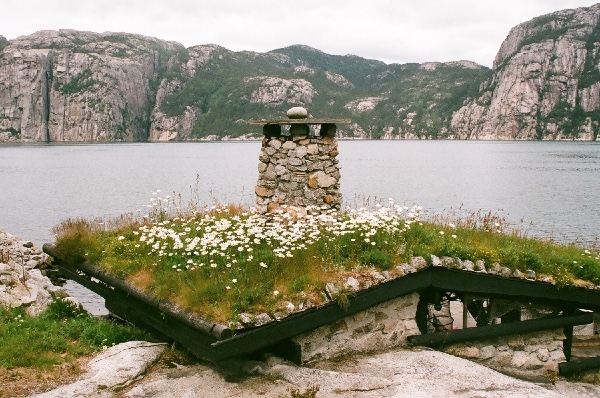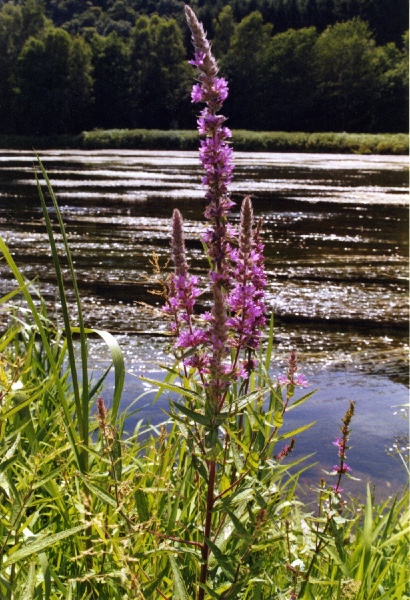What we do
It is probably expected that we restrict this information to our professional skills but we do not limit our activities to work. Because we love what we do for our clients and students we do care about other aspects of life, like staying healthy, living in peace, having good friends and keeping good humour!
As linguists, we try as much as possible to build bridges between different people and cultures and that we do at our utmost quality, that means considering not only the translation of words and expressions but adapting those to the reality of the cultures where they are used.
This requires more than specific expertise and in order to keep ourselves updated with the world we go... see the world! We love to travel and do it as often as we can. Being among different people gives us the wonderful opportunity of learning from their habits, ways of living and how they use the language to express themselves. Besides this practical (and exciting) linguistic study we also document what we see with pictures focusing on nature, architecture and diverse particularities that we always see around.
While Guy cares for the images, Touché never misses the chance to write and many of her poems and chronicles are inspired by these unexpected moments. We believe in the art of sharing experiences and the knowledge they bring and this is the guideline for Touché’s classes where learning a new language becomes an exciting adventure into a new world. Private classes mean a mutual and enriching way to personal growth and modern technologies open the possibility to learn another language wherever people are. However, in spite of our long training our cat Zoentje never gave us a prize for our cat-talk... In 2019 we had to say farewell to Zoentje. A litle later, we were happy to adopt Chafura, our lady cat. We keep on trying to learn cat-talk in Danish now!
Translations
As translators, both Touché and Guy are guided by the conviction that translating implies creating a bridge between two cultures, what sure means much more than simply building a technical link between words. Their experiences as globetrotters have proven to be very important when facing the challenge that each text represents.
The deciphering of the Rosetta Stone, upon which a decree published in Memphis in 196 BC was recorded in three different scripts, remains the essential key to the activity of translation and an indispensable reference for the communication between different civilisations and cultures.
In Antiquity, it were the sages who were concerned with establishing the relationship between texts written in different languages. Much has changed since then and today modern technologies often give the illusion that in order to translate all that is needed is to know how to click.
Touché and Guy are translators who use the possibilities of modernity with the spirit of research of the stone decipherers.
Language lessons on-line
English, French, Spanish, Portuguese
- Technical means: Zoom, Skype, Facetime or similar, with webcam.
- Didactical material: dictionary, notebook, various texts, photos, images, videos.
- Manual used: none in particular
- Modus operandi: I always worked the artisan way, basing the teaching on the smoothest ways for learning, and most of all focused on the student's points of interest and needs, taking into account the student's individual characteristics. That is also why I do not follow a particular book. Texts, images or videos are the free choice of each student. Because the lessons are personalized, I enter into the world of my student and vice-versa, and this implies that somehow we are in tune.
After assessing the student's level, needs and goals, we ease into the use of the new language: first things first. From the simplest to the less simple, towards knowledge. We use image and voice, for the oral expression and pronunciation, the chat window for writing.
I think that becoming a walking encyclopedia is quite useless. If you wish to learn another language, you want to be able to express yourself and to understand on a daily basis. And thus, after each explanation about grammar we immediately pass on to the practical use. - Regular courses: except when the student needs an intensive study, we stick to two lessons per week, of one hour or one hour and a half each, preferably with a day of rest in between. At this rate, the student will usually be able to communicate quite well in the new language after one year, depending of course on their commitment, regularity and motivation that are fundamental to reach good results. Payment will be made monthly, at a moment agreed between us.
- Specific courses: during a limited period of time and with a value agreed between us for the total of lessons planned. Lessons that can't take place due to unilateral decision of the student will have to be paid and are not rescheduled.
- Delays: in case the student does not appear within 15 minutes of the time that was appointed, the lesson will have to be paid. I give much importance to punctuality, so in case I am late myself, I will not only ask for patience, but also for good vibes...
- Absences: we look for flexibility from both sides, because unforeseen things may happen. In case of absences that were not advised by the student, the class will be charged and not rescheduled. When the absence was discussed in advance, the student will not have to pay and will have the option to reschedule the lesson at another time, as is the case when I have to cancel a class.
- Cancellations: should be preferably made with up to 24 hours before the scheduled time. For serious situations and/or reasons of force majeure, impossible to be notified in advance, the class can be rescheduled. It is always best to inform as soon as possible to avoid misunderstandings regarding schedules as well as unnecessary worries.
- Fees: these are decided individually because I always take into consideration the personal situation of each student. Knowledge is not a product for sale... Teaching is having the privilege to progress along with the student, not a source of profit. So I think so I work, so I understand the remuneration of my activity as a teacher.
Dialogue is fundamental, especially when it comes to learning languages!
Photos
You can see a lot of Guy's photos on our webpages, on his own website and the pages about some places we visited, about mushrooms and waterfalls - and some of Touché’s favourites on her site.
Since January 2017, we have been posting pictures on the 500px.com website (site opens in a new tab). You will find several galleries there with Guy's work. You can also buy our photos directly from the site, or just 'like' them.















